Climate AI Nordics Newsletter
Welcome to the February edition of the Climate AI Nordics Newsletter!
Since launching in October 2024, our community has grown to 225 members across the Nordic region and 92 international supporters. Together, we connect researchers and practitioners working at the intersection of artificial intelligence and climate action—spanning mitigation, adaptation, and environmental monitoring.
If you know colleagues in academia, public agencies, or industry who share these interests, invite them to join us at climateainordics.com/join.
This month’s issue features community updates, job opportunities, and our featured member.
Community spotlight
Featured Project: Open-Insect: Benchmarking Open-Set Recognition of Novel Species in Biodiversity Monitoring
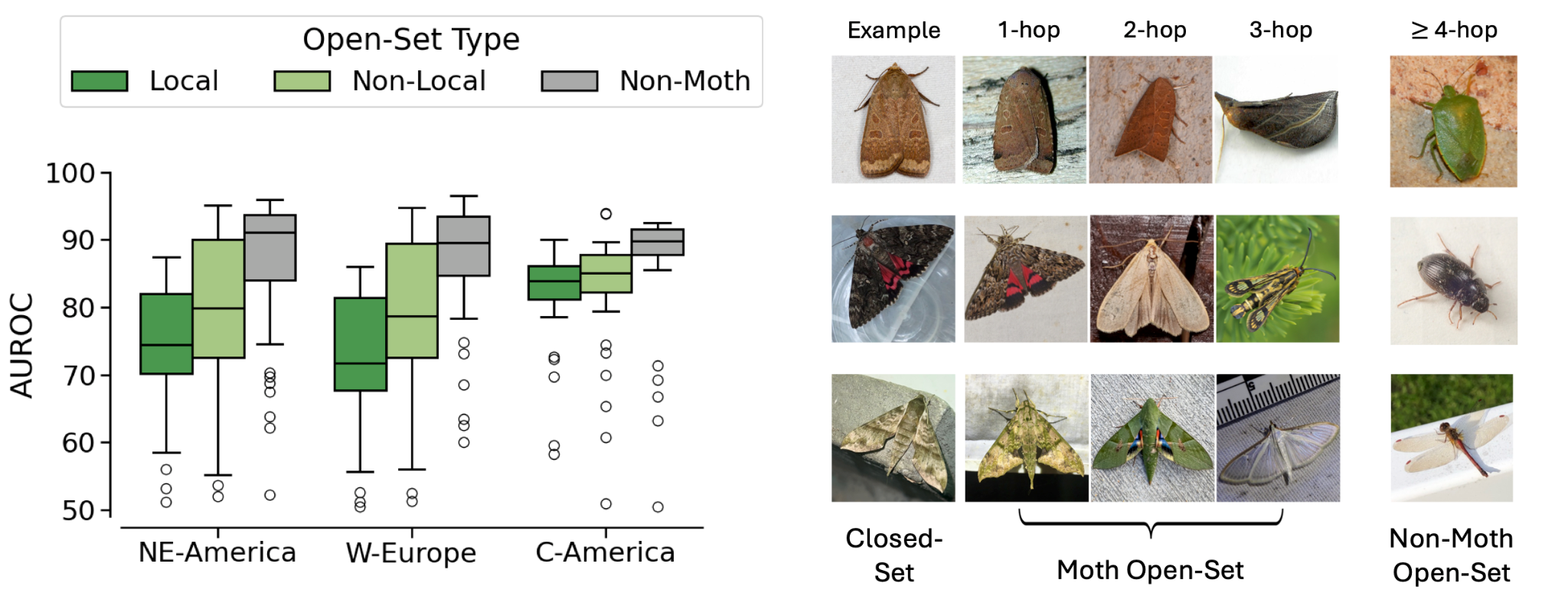
We propose a new open-set recognition dataset, Open-Insect, and evaluate 38 algorithms for new species detection on geographical open-set splits with varying difficulty.
Read more!
Featured member, February 2026: Paola Vesco
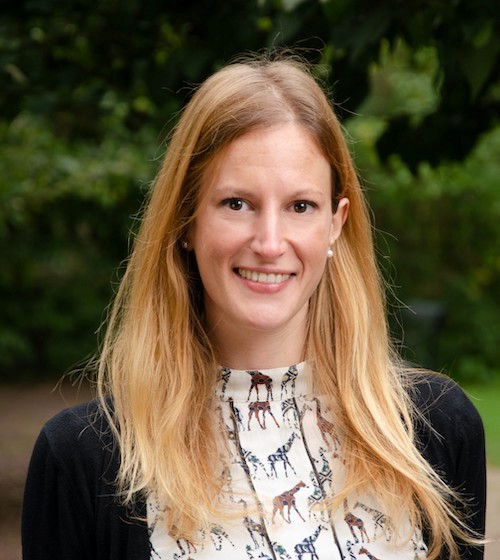
Paola Vesco is a Senior Researcher at the Peace Research Institute Oslo (PRIO), where she forecasts armed conflicts and studies how conflict and climate extremes shape societal vulnerability. She applies machine learning methods for theory testing in her research.
Read more!
News
Two new Nordic networks/centers related to biodiversity, sustainability, AI

2026-02-26 During 2026, two new Nordic networks/centers related to biodiversity, sustainability, AI will be initiated, with funding from Nordforsk. Check them out here and here.
Read more!
Coming events
The Material Cloud Film Festival
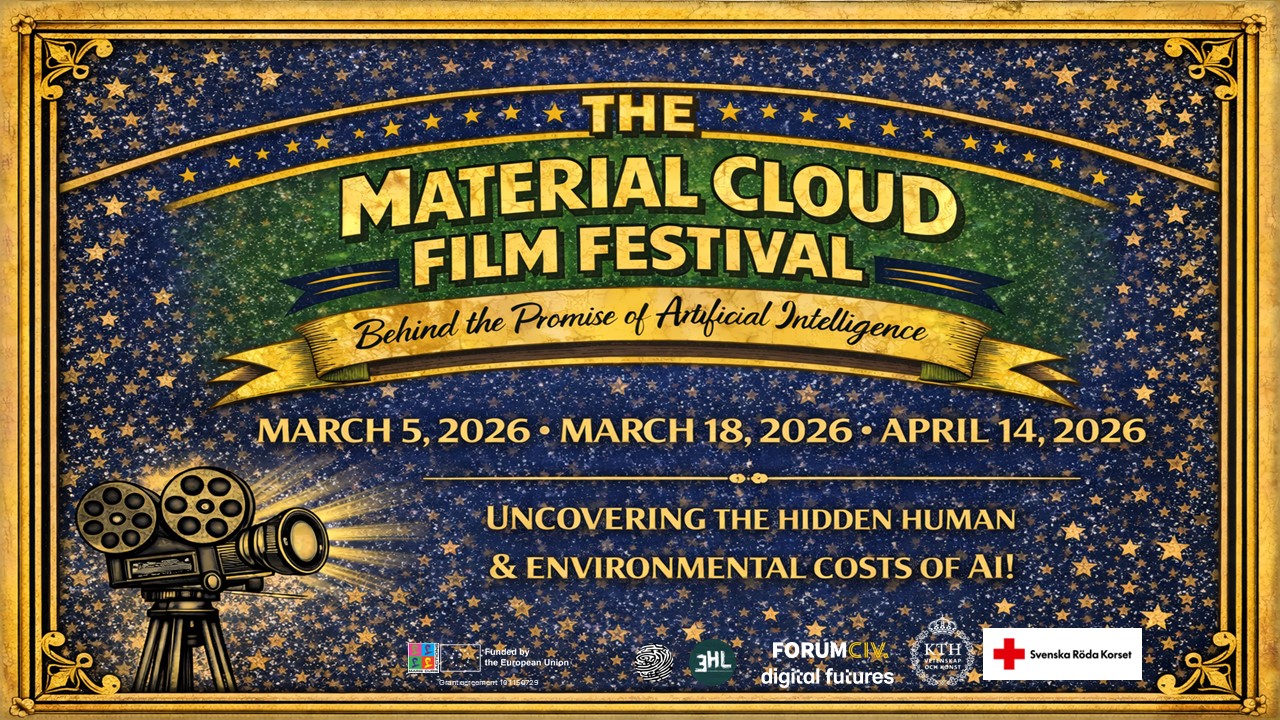
Event date: 2026-03-05.
The Marie Skłodowska-Curie project LIBRA proudly announce The Material Cloud Film Festival, a three-night film festival exploring the often unseen material realities behind artificial intelligence, including labour conditions, extractive supply chains, and power concentration.
Read more!
Machine learning based classification of tree crops of Syrian Arab Republic

Event date: 2026-03-05.
Webinar with Purnendu Sardar, Lund University. Accurate mapping of tree crops is vital for regional resource management, ecosystem service assessment, and the support of local livelihoods within the Syrian Arab Republic. Despite their socio-economic importance, tree crops are frequently misclassified or omitted in global and regional cropland products due to their complex spectral signatures and structural similarities to natural vegetation. This study proposes an integrated machine learning framework that combines the computational power of Google Earth Engine (GEE) with Python to enhance classification precision of tree crops across Syria. The methodology evaluates the integration of Global Ecosystem Dynamics Investigation (GEDI) LiDAR data with Sentinel-2 multi-spectral imagery to facilitate robust tree crop mapping. By utilizing GEE for the large-scale preprocessing of Sentinel-2 time-series data, the workflow generates high-dimensional, machine-learning-ready datasets that incorporate both structural and phenological variables. A Convolutional Neural Network (CNN) is subsequently trained in Python, chosen for its proficiency in processing time-series remote sensing data where temporal spectral patterns are more diagnostic than spatial textures. This approach allows the model to capture the distinct phenological cycles of various tree species, overcoming the limitations of traditional pixel-based or purely spatial classifiers. The findings underscore the efficacy of the CNN in distinguishing tree crop cover with high efficiency, demonstrating that the fusion of LiDAR-derived structural metrics with multi-temporal satellite data significantly reduces classification errors. The resulting high-resolution tree crop map provides an essential tool for sustainable agricultural planning and resource allocation in Syria.
Read more!
International Conference: Climate Impacts in a Changing World 2026
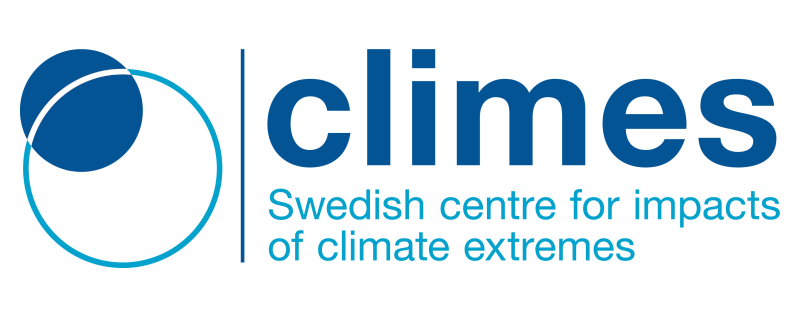
Event date: 2026-03-09.
The Swedish Centre for Impacts of Climate Extremes (CLIMES) invites abstract submissions for the international conference Climate Impacts in a Changing World 2026, held in Uppsala on March 9–11, 2026. The event fosters interdisciplinary dialogue on the wide-ranging impacts of climate extremes on human and natural systems.
Read more!
Bridging data gaps in the Global South: Harnessing AI and Earth observation in the humanitarian sector

Event date: 2026-03-19.
Webinar with Isabelle Tingzon, RISE. This talk highlights how AI and Earth Observation (EO) are transforming data availability for two global challenges: climate resilience and universal school connectivity. In the Caribbean, where extreme climatic hazards like hurricanes, floods, and landslides can devastate over 90% of built infrastructure across Small Island Developing States, comprehensive and up-to-date housing stock information is critical to enable resilient housing operations but is often incomplete, inaccessible, or completely non-existent. The “Digital Earth for Resilient Caribbean” initiative addresses these gaps by integrating EO data such as drone, LiDAR, satellite, and street-view imagery with AI workflows to classify roof types, materials, and building conditions. These efforts aim not only to enhance disaster response and recovery but also strengthen long-term resilience through government capacity building and knowledge exchange. In parallel, the presentation showcases UNICEF Giga’s mission to connect every school to the Internet by 2030. Reliable school location data is critical for planning telecommunications infrastructure, yet often inaccurate or incomplete in many low- and middle-income countries. By leveraging ML and satellite imagery, we’ve developed scalable pipelines to map schools across Africa on a nationwide scale, helping to ensure that no child is left behind in accessing digital learning opportunities. Together, these projects demonstrate how Geospatial AI can help bridge critical data gaps in the Global South, supporting both climate adaptation and inclusive education.
Read more!
Swedish Climate Symposium

Event date: 2026-05-20.
The call for abstracts is now open for the Swedish Climate Symposium (Lund, May 20–22, 2026). The event focuses on “Science, Society, and Actions,” connecting researchers with policymakers. If you are applying AI or data science to climate challenges, don’t miss the chance to present your findings. Registration opens in January.
Read more!
Climes interdisciplinary summer school 2026
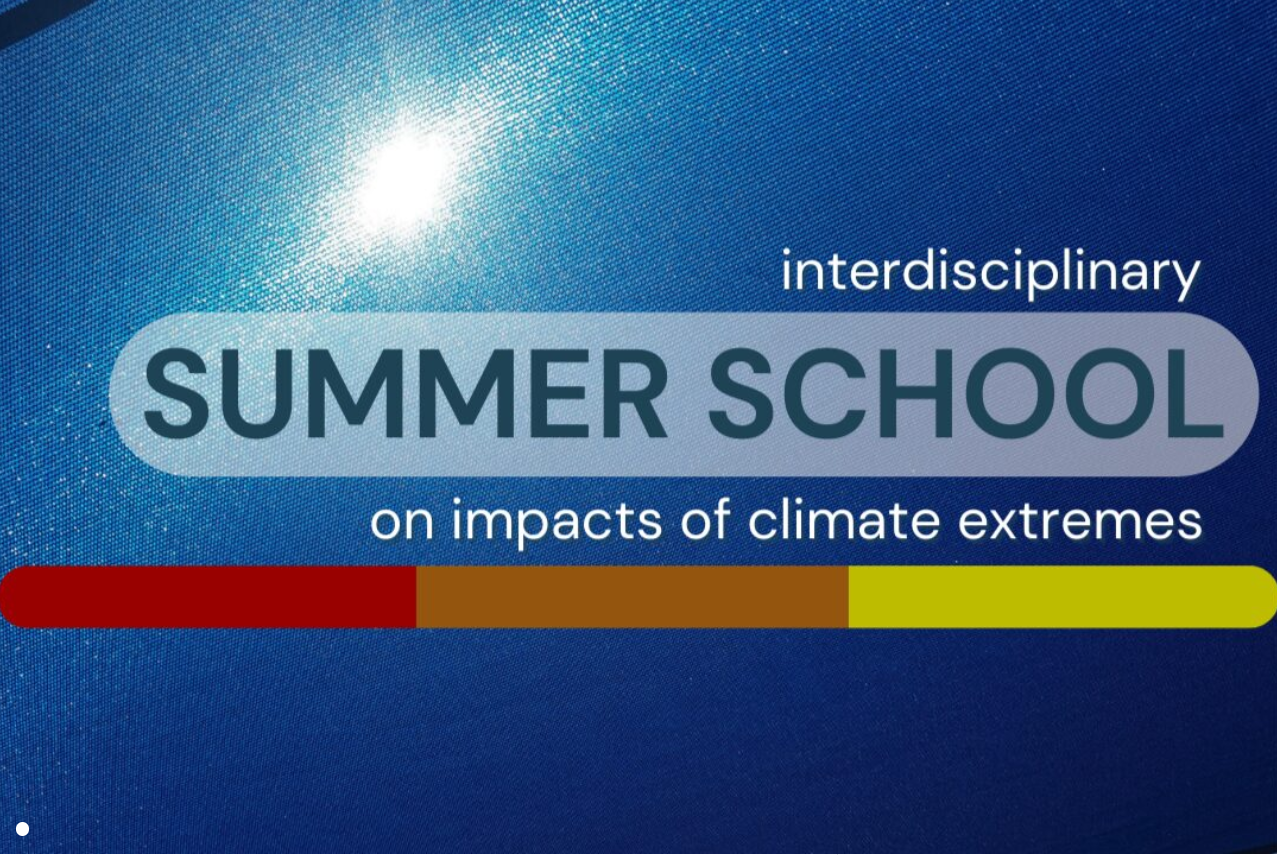
Event date: 2026-06-15.
The Climes Summer School 2026 at Uppsala University offers doctoral, postdoc, and advanced master’s students an interdisciplinary curriculum focused on climate extremes, public health, and societal impacts. The program features a specialized AI component where participants use deep learning and natural language processing to automate the extraction of climate data from texts. While the school is free to attend, applicants must submit their motivation and support letters by March 22nd, 2026, and are generally responsible for their own travel and lodging.
Read more!
Recent events
SBDI Days 2026: Artificial Intelligence in Ecology and Biodiversity Research
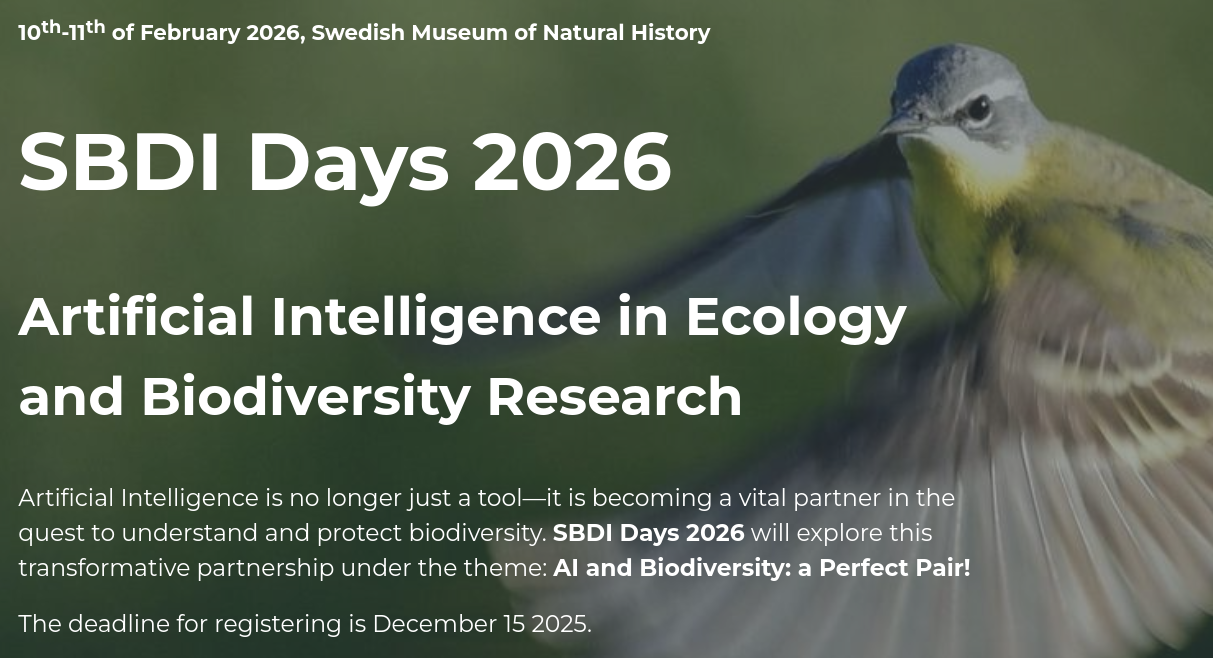
This event took place 2026-02-10. A conference hosted by SBDI in partnership with SciLifeLab’s Planetary Biology Strategic Area, exploring the transformative partnership between AI and biodiversity research.
Job openings
PhD in AI-Driven Circular Material Recovery for Energy Applications

RISE Research Institutes of Sweden is recruiting a PhD student to develop AI-driven approaches for recovering and reusing composite materials for energy applications, in collaboration with Swedish universities and industrial partners.
Deadline: 2026-02-27
Doctoral student in Predicting Hydrological Extremes with Earth Data
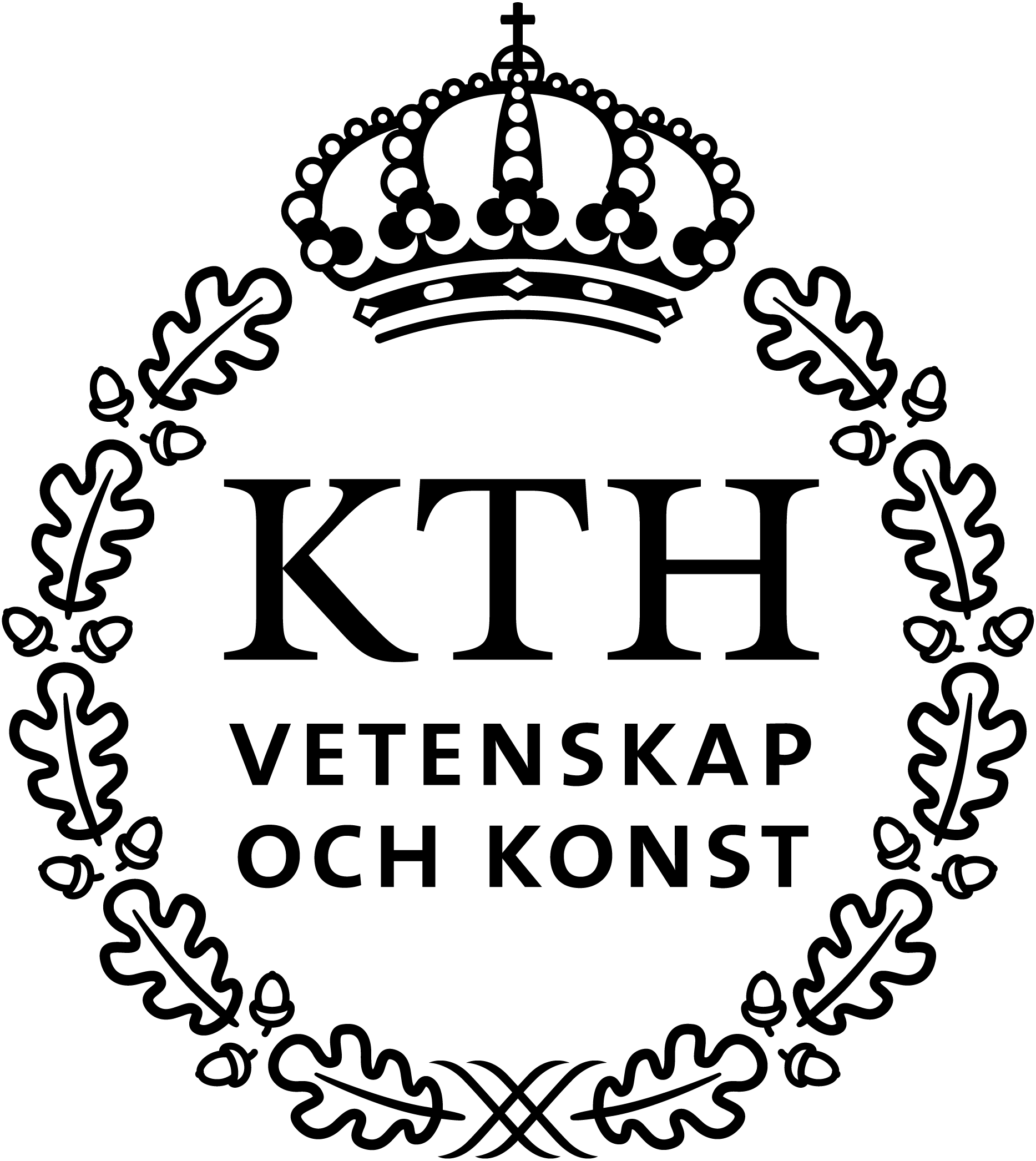
KTH Royal Institute of Technology is recruiting a PhD student to develop Earth observation–based indicators and machine learning models to improve forecasting of consecutive drought-to-flood events.
Deadline: 2026-03-01
Associate Senior Lecturer (Assistant Professor) in Data-Driven Evolution and Biodiversity

The Swedish University of Agricultural Sciences (SLU) is recruiting a tenure-track fellow to develop data-driven research in evolution and biodiversity, applying machine learning and computational methods to aquatic or terrestrial systems.
Deadline: 2026-04-17
Doctoral student in accelerated solar cell materials exploration
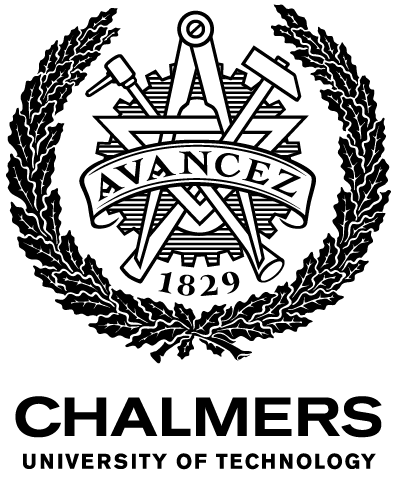
Chalmers University of Technology is recruiting a PhD student to optimize the stability of perovskite solar cells using automated and data-driven approaches.
Deadline: 2026-03-08
Machine learning engineer for computer vision and controlled pesticide-use.
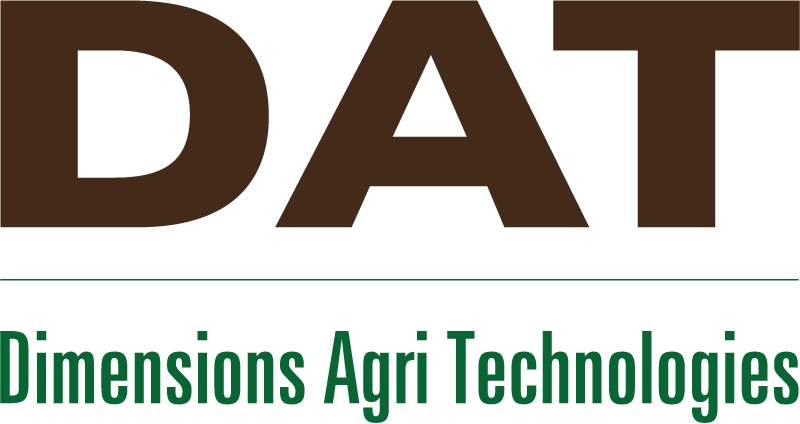
Dimensions Agri Technologies (DAT) are recruiting a machine learning engineer. The selected candidate will help reduce and optimize the use of pesticides by developing targeted schemes through machine learning model assisted computer vision.
Deadline: Rolling
Your news in the newsletter!
Make sure to share your work with us, by sending us an email (contact@climateainordics.com), posting in our Slack or some other channel, and we’ll add it to the news feed! Take the chance of showcasing your work or your events to the community!
Also be sure to follow us on LinkedIn and BlueSky. Climate AI Nordics will have the most impact if you repost and like our stories!
Climate AI Nordics is a network of researchers working to harness AI in tackling the climate crisis through both mitigation and adaptation.
We promote the development of AI-based tools and optimization methods that support sustainable decision-making—helping reduce emissions, restore ecosystems, and build climate resilience.
